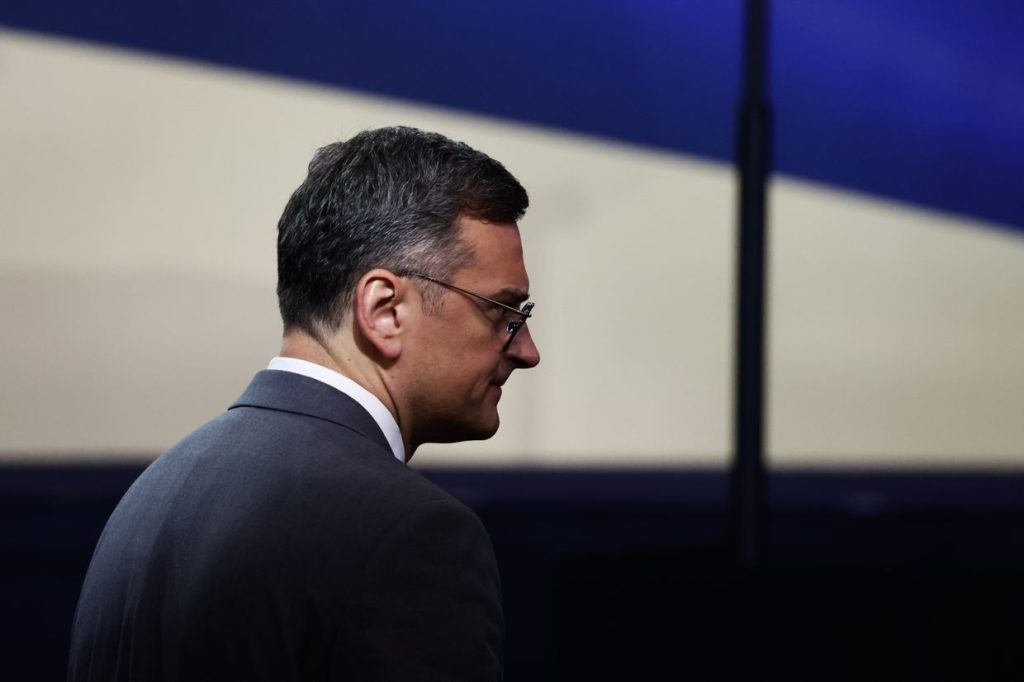President Volodymyr Zelensky of Ukraine has initiated a significant government reshuffle in the midst of the war against Russia, citing the need for “new energy” to strengthen the state in various sectors, including international politics and diplomacy. While supporters of Zelensky see the reshuffle as a way to bring new vitality to the government, critics argue that it is aimed at consolidating power within the President’s Office, led by Andriy Yermak. Some lawmakers believe that the replacements in the government will only lead to more loyalty to Yermak rather than bringing substantial change.
The announcement of the reshuffle came after weeks of speculation about the possible replacement of several ministers. The timing of the reshuffle has raised questions, as it coincides with increased Russian missile strikes, an energy crisis, and a deteriorating situation on the front lines in eastern Ukraine. The list of candidates for replacements was revealed by David Arakhamia, a lawmaker and head of Zelensky’s party faction, including notable changes in key positions such as the foreign minister, justice minister, and minister for reintegration of temporarily occupied territories, among others.
Several high-profile ministers have submitted their resignations, including Foreign Minister Dmytro Kuleba, Strategic Industries Minister Olexander Kamyshin, and Justice Minister Denys Maliuska. The replacements for these positions have been identified, with Andriy Sybiha set to replace Kuleba as foreign minister, Herman Smetanin taking over as strategic industries minister, and Olha Stefanishyna becoming the new justice minister. The reshuffle also includes changes in ministries such as agriculture, sports and youth, and veterans’ affairs, aiming to bring a fresh perspective and expertise to the government.
While the reshuffle has been met with mixed reactions, with some opposition lawmakers expressing concerns about the influence of the President’s Office on decision-making, others believe that the changes are necessary to address the current challenges facing Ukraine. Prime Minister Denys Shmyhal will remain in his position for now, as replacing him would require a complete overhaul of the cabinet, which could result in a political crisis. The reshuffle reflects the ongoing efforts to navigate the complexities of the war with Russia, the energy crisis, and the broader challenges that Ukraine is facing on multiple fronts.
Overall, the government reshuffle in Ukraine under President Zelensky’s leadership signals a shift towards revitalizing and strengthening the administration amid a critical juncture in the country’s history. The changes in key ministerial positions, while raising some concerns about power consolidation, also aim to bring in professional expertise and new perspectives to address the pressing issues facing Ukraine. As the country grapples with the ongoing conflict with Russia, an energy crisis, and other challenges, the reshuffle represents an attempt to adapt and respond effectively to the evolving situation on the ground.


